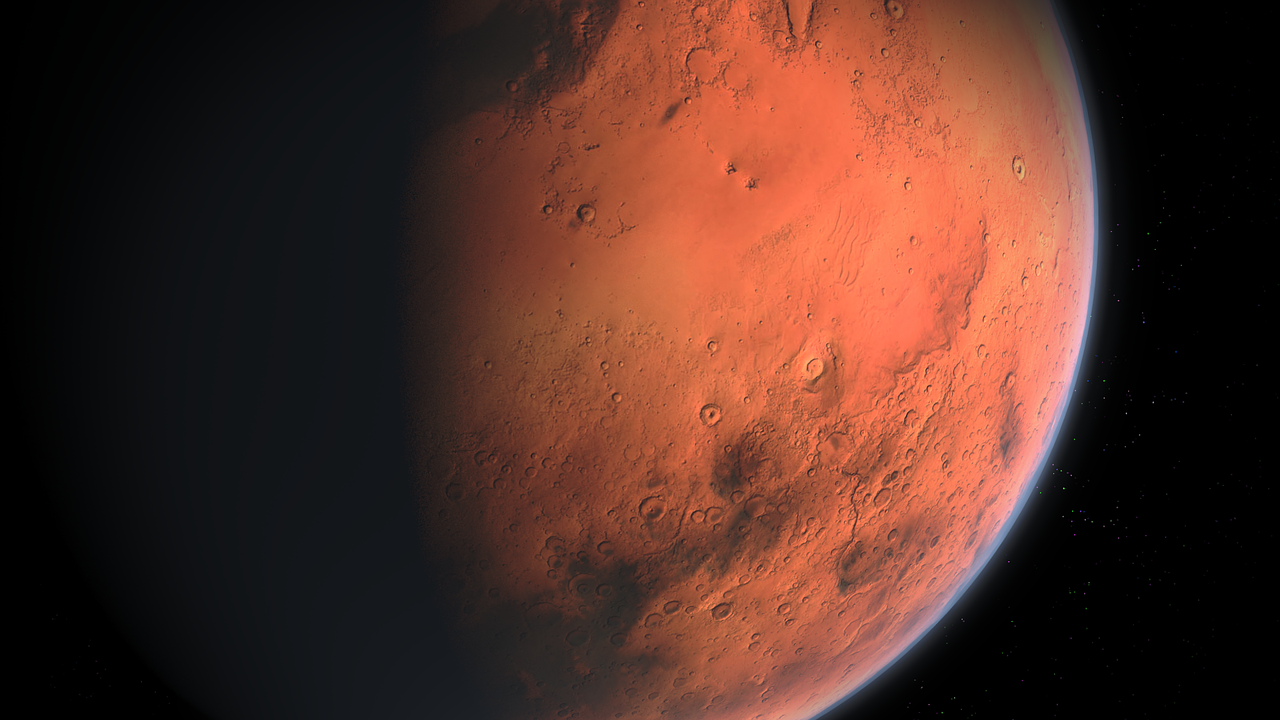Should Humans Really Go to Mars?
Astronaut Mark Watney, played by Matt Damon, is hurled through outer space to land, improbably, on Mars in this fall’s latest box office hit. This makes for great cinema and ties in with the ongoing debate concerning whether or not human beings should really be trying to reach and live on Mars. Striving to go beyond Earth’s limits is not only a positive aspiration, but even if it is never achieved, the benefit to mankind could be revolutionary.
I was considering this question just last week when NASA scientists reported that they’d found water under Mar’s surface. Would it be a good step for mankind, or a folly of epic proportions? There is actually historical precedence for this, if you consider the early years in the space program. Because of the push to be the first to circle the planet, to break the sound barrier, to land on the moon, vast numbers of people were employed, colleges saw a surge of new students in the science and mathematics fields, and new technology was developed that later had applications for the average household. Some of those inventions include the microwave, early computers, and improved telecommunications.
Thinking beyond our own borders, I believe we would be able to make another evolutionary step for the planet and mankind, in that our perspectives would change. No longer would we be considered by a nationality, but by a location in the solar systems. We wouldn’t be Americans, we would be Earthlings. Considering that these types of ventures almost always spawn new thinking, create new jobs, bring more people together, and achieve more than was dreamed, going to Mars should not only be done, but I think it should be made one of the planet’s priorities.
A Mania For Mars
Named after the Roman god of war, Mars is also known as the Red Planet. “Iron minerals in the Martian soil oxidize, or rust, causing the soil and atmosphere to look red.” (“10 Need-to-Know Things About Mars”). The possibility of life on Mars has been of particular interest to scholars as they embarked on this long journey to study ancient life on the red planet and look for signs of life. Old findings indicated that life on Mars could be pretty similar to life on Earth, but NASA’s robotic missions have led to new findings that clearly show major differences between the two planets.
Mars/Earth
Mars and Earth have the same amount of dry land surface area despite Mars being half of Earth’s diameter. This is because 71% of Earth’s surface is water-covered. We can talk about the same geological processes; volcanoes and erosions are seen in both. The two also share some physical land features, such as mountains and hills. (“Mars/Earth Comparison Table”)
In contrast, Earth is closer to the Sun, which makes Mars colder. Earth’s atmosphere is 77% nitrogen and 21% oxygen, whereas Mars’s is 95% carbon dioxide.
Other notable differences are also noted. A Martian day is 40 minutes longer than a day on Earth. Our planet has one moon, while Mars has two. Lastly, gravity is detected in lower levels on Mars. (“Mars Facts”)
Unprecedented “Hope”
NASA’s robotic missions have made it possible for new findings to see the day. In this regard, UAE’s “Hope” completed just last month is noteworthy to mention, as it just reshaped history. “The spacecraft entered into an orbit around the Red Planet on Tuesday, making the UAE the first Arab nation in history to have a scientific presence at Earth’s near neighbor.” (Amos)
Future Missions
Despite the differences between Mars and Earth, one could still argue that life is similar in more than one way. So will future missions provide new insight into the past and the present?
Works Cited
Amos, Jonathan. “UAE Hope Mission Returns First Image of Mars.” BBC News, BBC, 14 Feb. 2021, www.bbc.com/news/science-environment-56060890.
“Mars Facts.” NASA, NASA, 2 Feb. 2021, mars.nasa.gov/all-about-mars/facts/.
“Mars/Earth Comparison Table.” Phoenix Mars Mission – Education – Mars 101 – Mars/Earth Comparison Table, NASA’s Jet Propulsion Laboratory, phoenix.lpl.arizona.edu/mars111.php.
“10 Need-to-Know Things About Mars.” NASA, NASA, 19 Feb. 2021, solarsystem.nasa.gov/planets/mars/overview/.
